Summary
On the Heavens (Greek: Περί ουρανού, Latin: De Caelo or De Caelo et Mundo) is Aristotle's chief cosmological treatise. In it Aristotle argues that the Earth is a sphere by pointing to the evidence of lunar eclipses. Aristotle also provides a detailed explanation of his theory of 'gravity' arguing that things which contain 'earth' fall towards the centre of the Universe because 'earth' is naturally attracted to the centre of the Universe. Aristotle argues that if the planet Earth was moved to the location of the Moon then objects which contain 'earth' would not fall towards the centre of the Earth but rather towards the centre of the Universe. Aristotle believed that the more 'earth' an object contained the faster it would fall. Aristotle argues that there is another type of matter called 'fire' which is naturally repelled from the centre of the Universe. In addition to his own theories Aristotle expounds the theories of the Pythagoreans (that the Earth is one of the stars and that numbers are the literal building blocks of our world) and Democritus (that matter is made of atoms and objects float because of the motions of these atoms). (Summary by Geoffrey Edwards)
Authorization
By logging in, you agree to the terms and conditions.

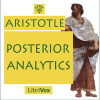
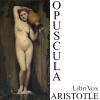
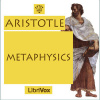
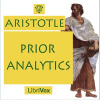
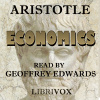
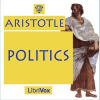
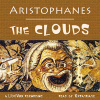
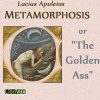
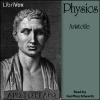
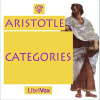
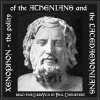
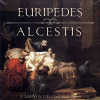






No comments